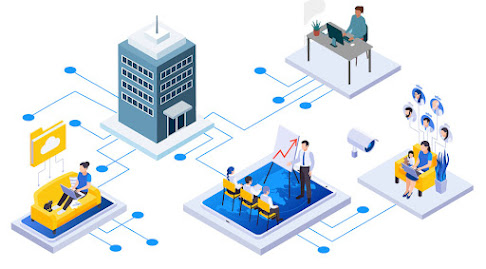Blog 3 - Upskilling: A Strategic Response to Changing Skill Demands

Upskilling: A Strategic Response to Changing Skill Demands What is employee upskilling? Upskilling is the process of learning new skills or of teaching workers new skills. On the other hand, an upskilling culture entails teaching staff new, advanced skills in order to close talent gaps. It engages your team members in ongoing training and assists them in progressing along their existing career path. These individuals may have spent several years with your company and have a thorough awareness of both your culture and your clients (Brush, 2020). Why upskilling important in today’s economy? Technology evolves and advances industries at a fast pace. This can create a gap between the existing workforce’s skills and the skills that are now necessary to effectively execute their jobs. Upskilling presents one major solution to this labor problem. By advancing the skills of current and future professionals, the skills gap can be bridged. Additionally, both employees and em...

